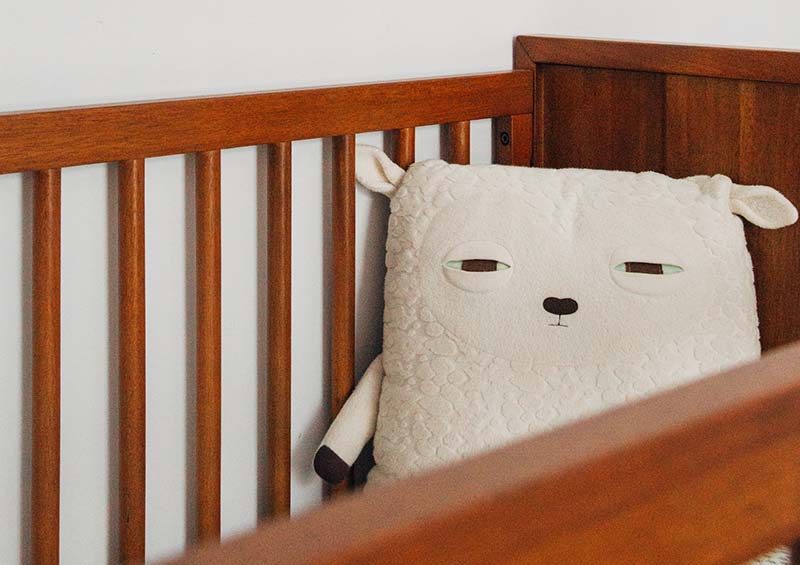What New Parents Need to Know About Sleep

Few first-time parents understand the challenges inherent in raising a child. When expecting a baby, one is often preoccupied with the gear the baby needs and the ideas of how we want to raise our child. But when the time comes, few parents are prepared for the reality of sleep deprivation, which presents a huge challenge for new parents.
In our current healthcare climate, seeking good health through sound sleep is essential. New parents can benefit by defining sleep goals, understanding a child’s sleep needs, and knowing when it’s time to get help.
Your Sleep Goals
One of the most important things to consider when planning for good sleep is to clarify sleep goals as a family. Many caregivers decide immediately to have their child sleep in a crib in their own room, while others choose to co-sleep.
Each method has pros and cons, and the most important thing to focus on is safe sleep, as recommended by the American Academy of Pediatrics.
Awake Windows
One thing often overlooked by medical providers and new parents is the optimal awake window for a child, which can guide caregivers in knowing when the baby needs to go for a nap. Several parents report that their newborn baby stays awake for hours at a time without a nap, which can cause excessive fussiness and the dreaded witching hour. General guidelines for how long a child should stay awake between naps are as follows:
- 0-3 months: 45-60 minutes
- 3-6 months: 1-2 hours
- 6-12 months: 2-3 hours
- 1-4 years: 5+ hours
Signs Of Tiredness
It can be difficult with some children to know when the baby needs to go for a nap. Some common signs of tiredness include:
- Pink-rimmed eyebrows: when babies start to get tired, the skin around the eyebrows will often assume a blush-colored hue.
- The "7-Mile Stare": sometimes, babies will stare into the distance and appear to "zone out."
Night Waking
It is natural for babies and young children to wake up throughout the night. The phrase "sleep like a baby" is very misleading because most babies only sleep short stints at a time in the early months.
How a parent or caregiver deals with night wakings is a personal preference. Some parents choose to sleep train their children, and some attend to each night-waking to help their child get back to sleep.
Regressions Happen
Another thing to remember is that sleep regressions are normal, and no reason to panic.
Often, just as sleep is starting to normalize and longer stints are happening, your child will reach a growth milestone such as sitting up or standing up, and those beloved five to eight-hour stints are reduced to rubble. Traveling with children or experiencing a bout of sickness can also cause regressions.
The most important thing is to stick with what was working before the regression and know that these regressions and growth milestones will resolve if the routine is followed.
Get Help
There is no shame in getting help in teaching your child to sleep. Across the globe, child sleep consultants are helping children sleep, which improves the well-being of the entire family, often for a nominal cost.
Conclusion
When a new baby arrives, many parents are unprepared for the effects of sleep deprivation on their lives. Because making the best decisions for your own personal health aligns with getting good sleep, new parents should make a point of defining their own sleep goals, understanding their child's sleep needs, and knowing when it's time to seek professional help.




